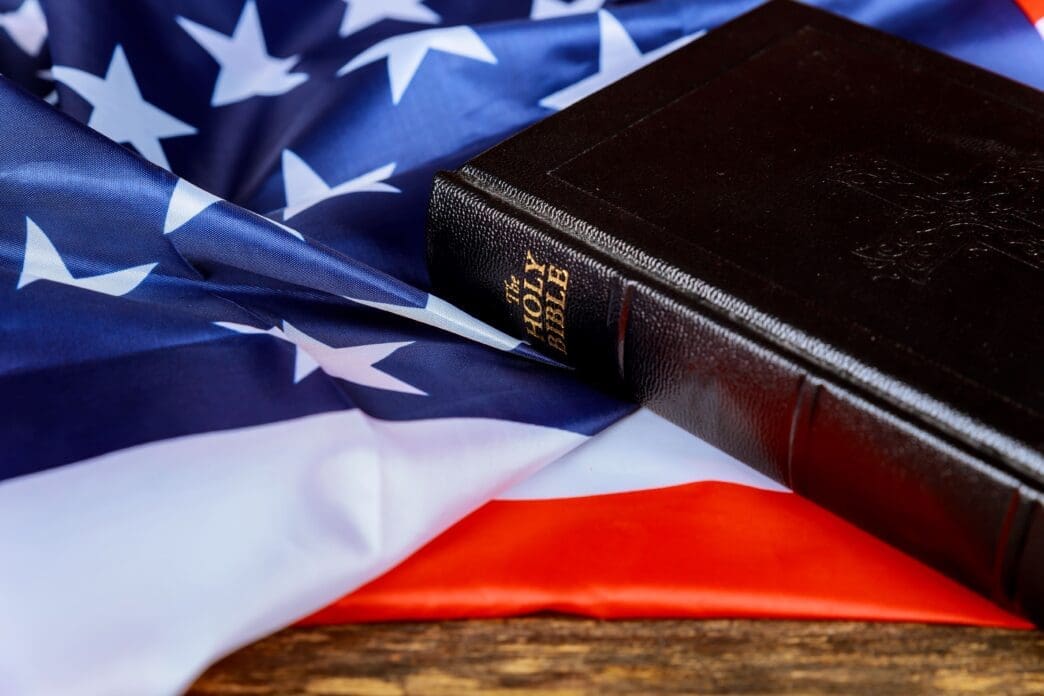Israeli Prime Minister Benjamin Netanyahu’s recent visit to the United States began with a notable meeting—not with American Jewish leaders, but with key evangelical figures. This gathering underscored the significant role conservative American evangelicals play as staunch supporters of Israel.
During his visit to Washington, Prime Minister Netanyahu met with evangelical leaders at Blair House, prior to his discussions with President Donald Trump. Pastor Jentezen Franklin, who attended the meeting, highlighted this sequence as a testament to the enduring alliance between Israel and American Christians. The gathering included prominent figures such as former Arkansas Governor Mike Huckabee and Tony Perkins, president of the Family Research Council.
Christian Zionism is a prevalent ideology among American evangelicals, who see the biblical land of Israel as eternally promised to the Jewish people. Pastor John Hagee, founder of Christians United for Israel, emphasized the need to reset U.S.-Israel relations under Netanyahu’s leadership to counter perceived apathy from the previous administration.
President Trump’s meeting with Netanyahu resulted in controversial proposals regarding the Gaza Strip. Trump suggested the U.S. might take control of the area, envisioning it as the “Riviera of the Middle East.” This echoed sentiments from his advisor, Jared Kushner, about the region’s potential. However, Nihad Awad of the Council on American-Islamic Relations criticized these ideas, asserting that Gaza should remain Palestinian territory.
U.S. Jewish leaders expressed mixed reactions to Trump’s propositions. Rabbi Rick Jacobs called for negotiated solutions, while Rabbi Moshe Hauer considered unconventional approaches worth exploring, given the ongoing conflict’s impasse. Meanwhile, Sam Markstein from the Republican Jewish Coalition supported Trump’s bold vision for peace in the region.
Additionally, Christian Zionist objectives were furthered by the reintroduction of legislation to officially recognize the biblical names ‘Judea and Samaria’ instead of the politically charged ‘West Bank.’ This move, led by Senator Tom Cotton and Representative Claudia Tenney, highlights a growing alignment of evangelical objectives with political initiatives, reinforcing their influence in shaping policy.
The meeting between Netanyahu and evangelical leaders illustrates the potent influence of American evangelicals on U.S.-Israel relations. Their support for Israel and involvement in political dialogue underscore their role in shaping both domestic and foreign policies, reflecting an enduring commitment to shared ideologies and goals.








